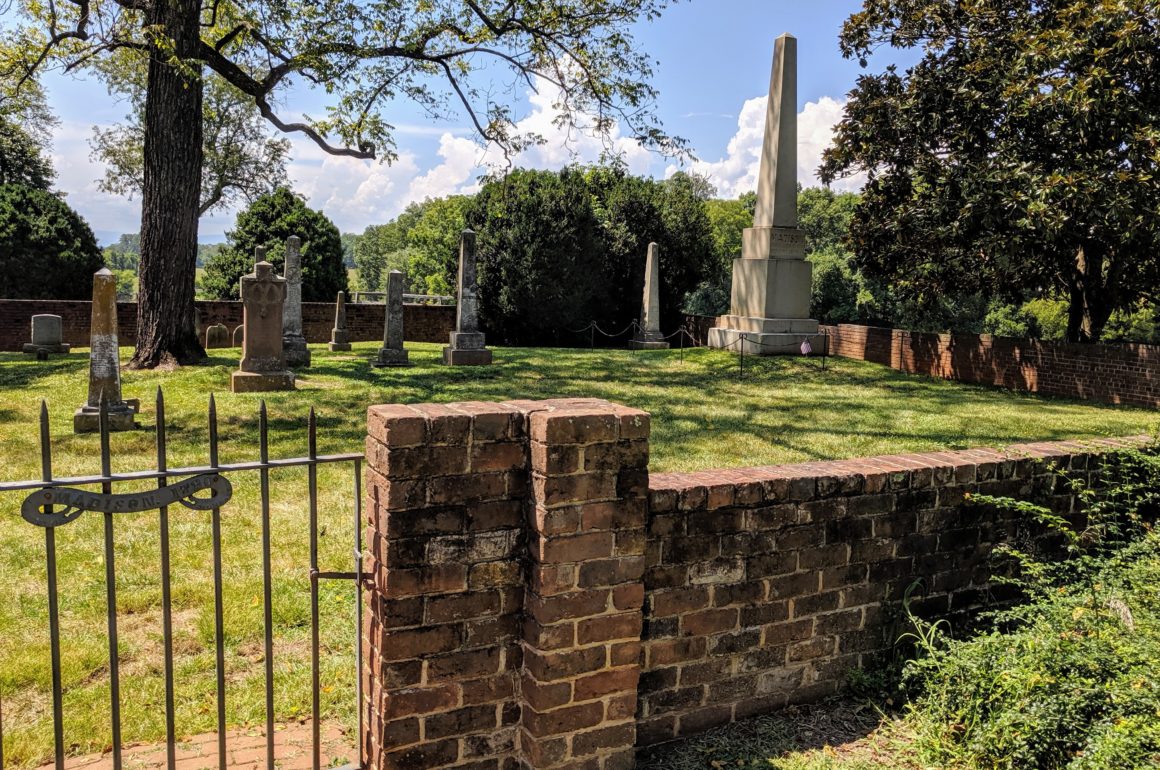
I’ve always said that walking in the path of those who came before us is by far the best lesson travel can teach. Graveyards, in particular, are treasure troves of stories. Walking across a civil war battlefield in Franklin, TN you’ll learn the story of Matilda Lotz, or Glen Worthington whose civil war story unfolded near Frederick, MD. These are moments frozen in time.
Moments in which we can choose to stop and consider the idea that we, as a nation, cannot move forward if we do not recognize how far we’ve come and how far we still have to go. It’s what I love most about history, and it’s what I love most about travel.
Stories from the Graveyards
I love to spin a good story. Whether we travel just down the road or across the ocean, I’m always looking for the story behind the experience. When Viola Davis recently won her academy award, she told the audience to look for stories in the graveyards because that’s where you’ll find the stories of ordinary people who lived a life. Her speech was especially moving because I likened her words to my love of walking in the path of those who came before us.
Glenn Worthington
Over the course of a few recent days we’ve had the opportunity to learn two new lessons; moments in which history once again taught us how far we’ve come and how much we’ve yet to learn. The first lesson was taught to us by six-year-old Glenn Worthington who in 1864 – along with his father’s slaves – hid in the basement and watched through the cracks of a boarded up window as a civil war battle raged before his eyes. Take that in for a moment. Imagine a six-year-old witnessing such a thing on his family’s farm and the lasting impact on his life.
As an adult he wrote the book, Fighting for Time: The Battle of Monocacy and he used his book to encourage Congress to establish a, “National Military Park at the Battlefield of Monocacy, Maryland.” Monocacy National Battlefied Glenn, had a story to tell.
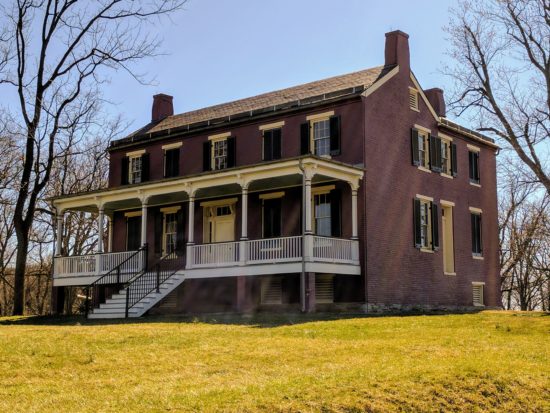
Matilda Lotz
We’ve traversed this country four times and we’ve had many opportunities to hear the stories of ordinary families who were caught in the middle of civil war turbulence, literally in their front yards. Stories such as that of Matilda Lotz and her family who hid in a neighbor’s basement while the civil war battle of Franklin raged around them. These are stories from the graveyards, sacrifices made by so many.
Loving -vs- Virginia
Our second lesson came in the form of watching a movie titled, Loving. It is the story of Mildred and Richard Loving, an interracial couple who were married in Washington, DC because in 1958 it was illegal for them to marry in their home state of Virginia.
As the story began to unfold, we were reminded – having just traveled to the Monocacy Battlefield days before – of the sacrifices made by so many who fought so valiantly for justice and yet, ninety-four years after six-year-old Glenn Worthington watched a civil war battle on his family farm, two people who deeply loved each other could not marry.
Two people who were literally rousted out of their bed in the middle of the night and hauled off to jail simply because of the color of their skin. The judge sentenced them to one year in jail (suspended) and told them to leave the state of Virginia for 25 years.
Supreme Court’s Landmark Decision
We only knew of the Loving’s story through a fairly recent news report. It was covering the 50th anniversary of the Supreme Court’s 1967 landmark decision. A decision which made it legal for interracial couples to marry in every state in America. The court’s decision came about because of these two ordinary people, Richard and Mildred, who loved each other. They simply wanted to raise their children in their home state. Theirs was an extraordinary story.
Stories From the Graveyard
As we watched the story it was hard for us not to think again of those who have walked before us. And, how much, as a nation, we still have to learn. It seems as if history keeps repeating itself, doesn’t it? I don’t think there is a more relevant time to pay attention to stories from the graveyards.
These are the people who came before us. These are the stories we should hold onto. As we find our way through yet another turbulent time in our country, hopefully, lessons will be learned.
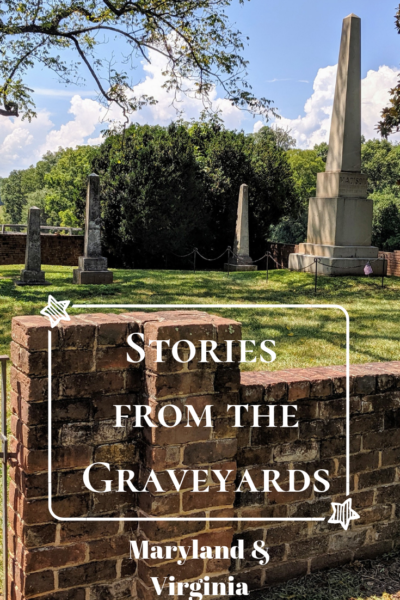




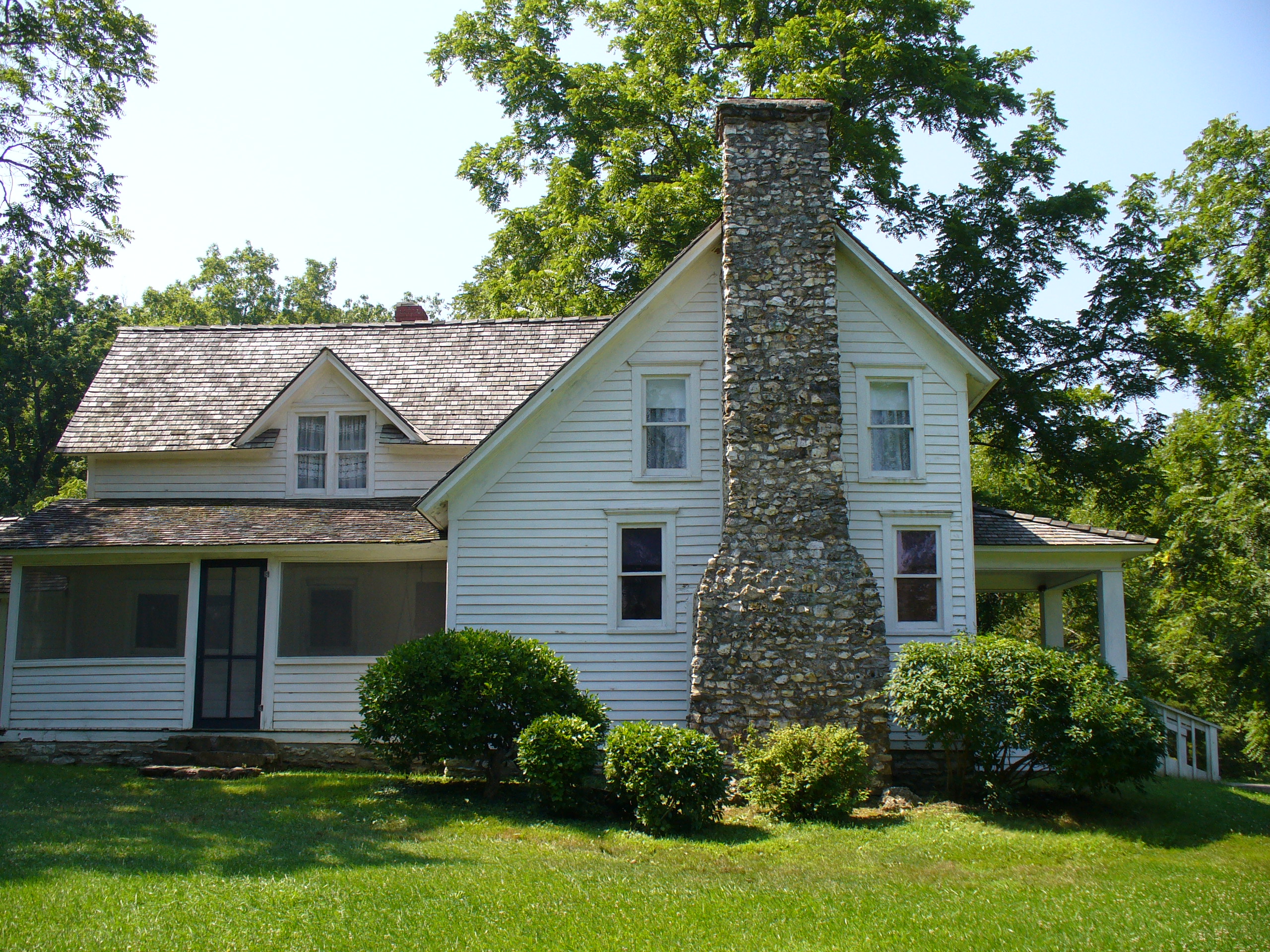
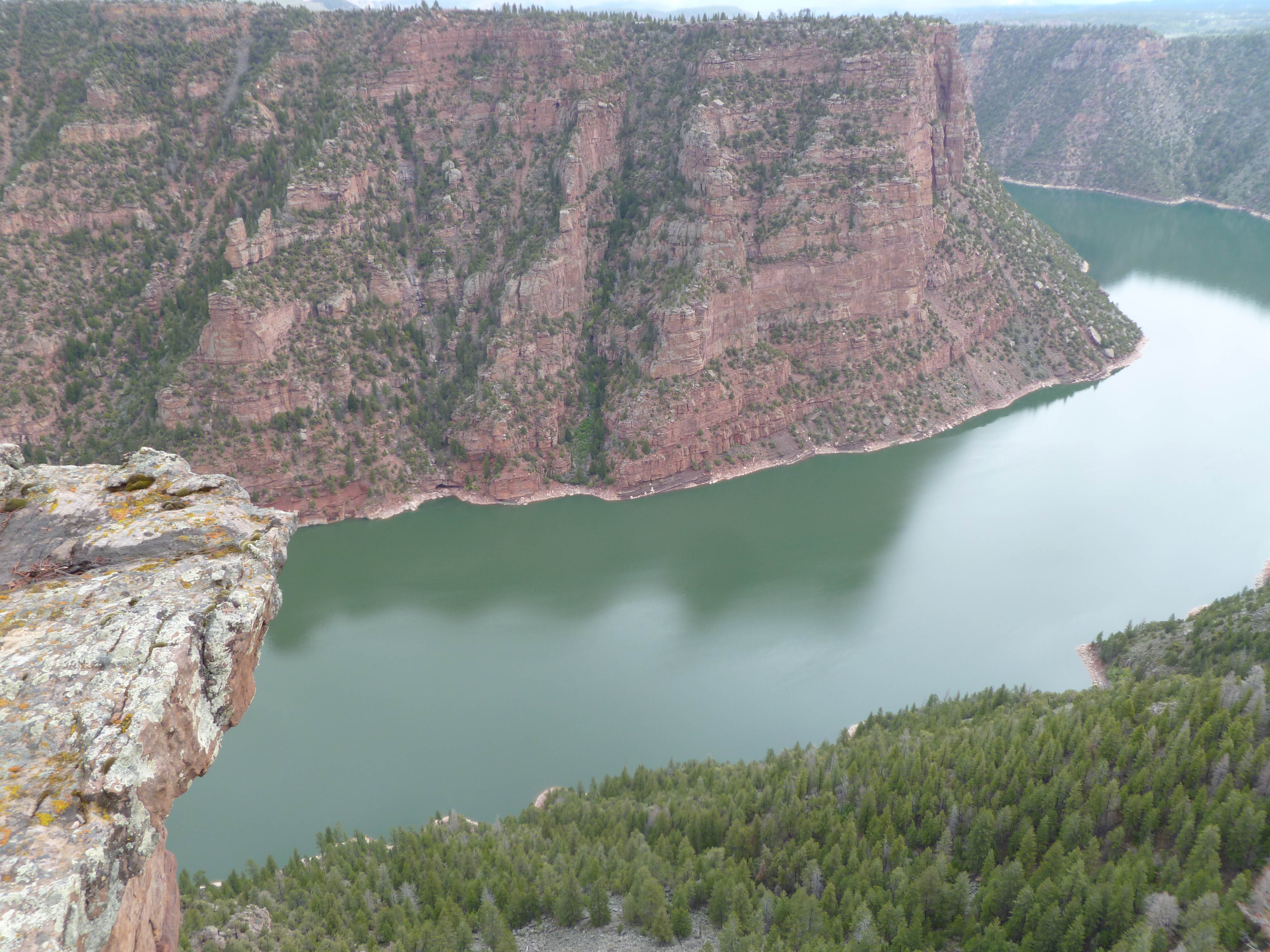
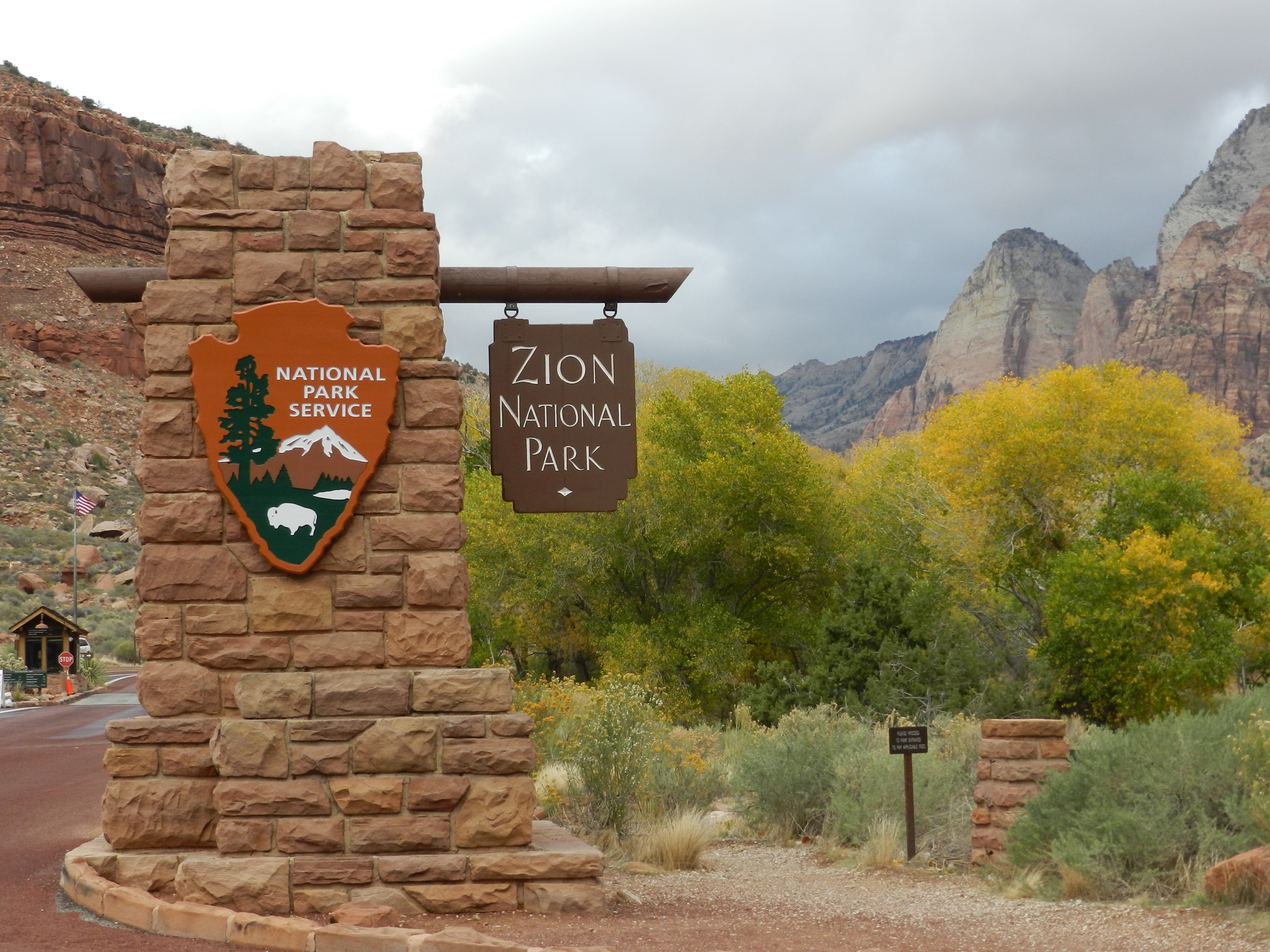
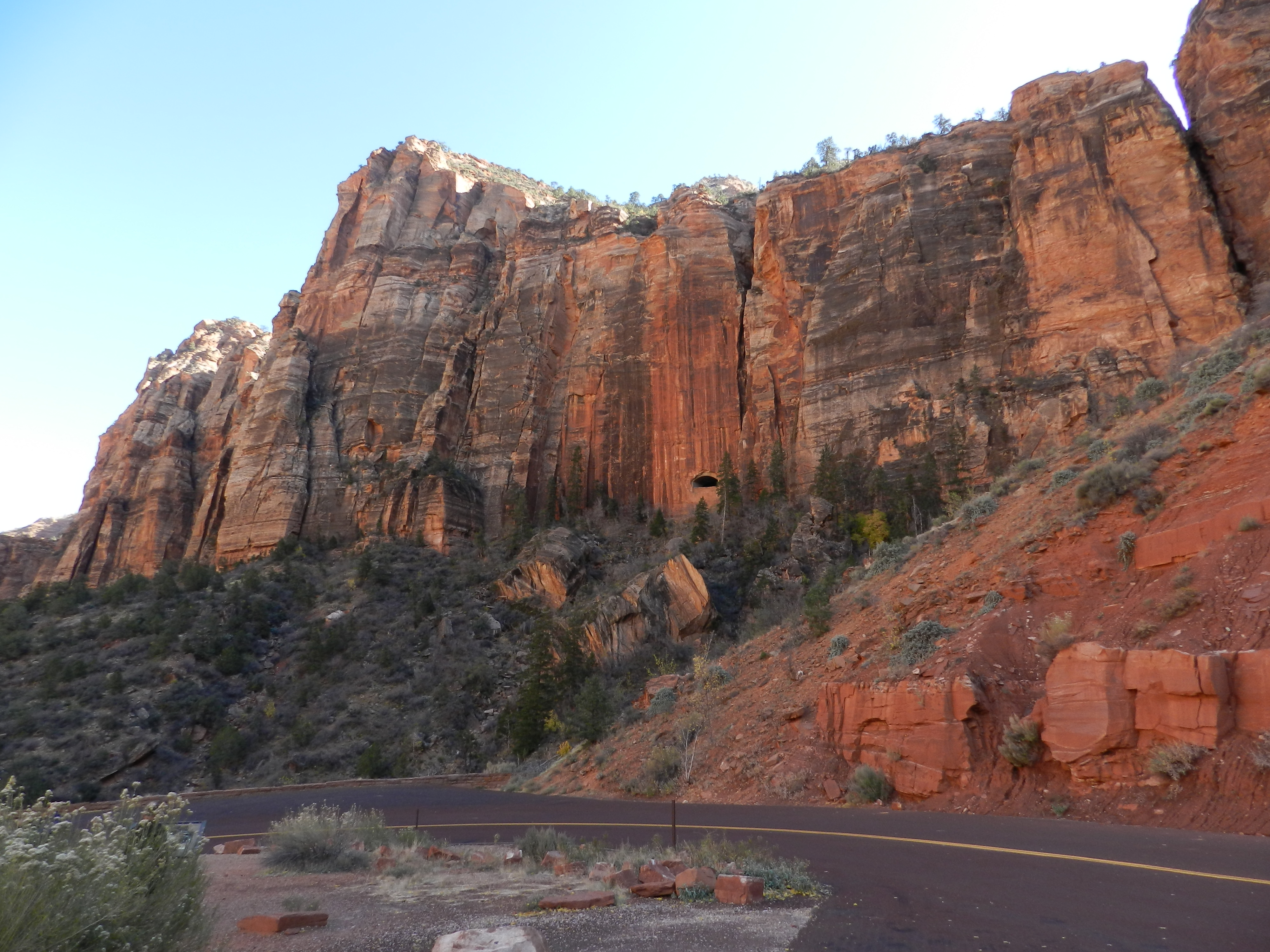













 #postcardsfromthewo
#postcardsfromthewo





 New post on blog, link in
New post on blog, link in 






This post was really interesting, not just because I now know more about the movie, “Loving”, but because you reminded me that books can sometimes provide much more context to a place than just reading “history” books. Interesting section about Glenn Worthington and his book. Now I will definitely watch “Loving”
Janice Chung recently posted…Marie Antoinette’s Petit Trianon And Hamlet
Thank you, Janice. History books give us the facts, biographies and memoirs fill in the gaps, they tell the story behind the history. And, travel allows us to experience the history. I hope you enjoy, “Loving.”
We need more people to speak out and continue to fight for minority’s rights, nothing can be taken for granted. Recent developments show that we still have a long way to go to feel that what has been accomplished by brave people such as the above heroes does not go to waste and is buried in the past. Good on you Patti for continuing to highlight these issues and make us remember and think.
Thank you, Gilda. Sadly, the trend to forget how far we’ve come and how much more we still have to learn is seemingly world wide.
*Loving* is on our must-see list Patti, especially now that I’ve watched your video. A major part of our fascination with travel is how history interweaves itself through a place and we find ourselves trying to picture us living alternate lives in various locations and time periods. It’s a great way to try to understand how things that start out as seemingly small events or one injustice piled upon another can morph into huge political movements and major new laws. Perhaps one of my major frustrations (there are so many ) with our new administration is that we have people in charge of monumentally important programs who have no understanding of the history that has led to these protective safeguards. And worse yet, we have lawmakers and a government who seem to be completely unable to place themselves in the shoes of someone less fortunate and try to imagine the obstacles that need to be overcome. As you’ve pointed out, we need to listen to those stories, see what we can learn and practice the fine art of empathy.

Anita @ No Particular Place To Go recently posted…Looking For America: Thoughts on our Travels and Black History Month
Could not agree more, Anita. I think we need to sit and have a long conversation over a glass of wine.
Thanks for sharing these extraordinary stories Patti. We just finished watching the BBC series Roots, which taught us a lot and made us reflect on a lot of the issues you mention. When we return to the USA we’re keen to explore some of this history in more depth, as you have.

Amy recently posted…Making a Digital Nomad Living
I know how much you’re looking forward to returning to the US, especially Vermont.
A friend of mine recently told me of a grave marker she had seen in a cemetery in San Jose. It listed the women’s name and then said. “Paid in full.” Doesn’t that get your story brain going? It did mine.
That does indeed get my story brain going, I came up with 3 or 4 almost immediately.
Great post, I can’t wait to watch Loving, it looks like an amazing and important movie.
Thank you, Nathalie. Loving is an excellent movie, so much we can learn.